La société du spectacle et ses commentaires
Release date: 2003-11-01
Votes: No data for this movie
Genres: Documentary
Director Jan Bucquoy has a bunch of actors read from the Guy Debord novel which shares the same title. Slowly but surely real life an Debord's reflections upon it start to diffuse.
Reviews
No reviews for this movie.
Movie Recommendation
No recommendations for this movie.
Similar Movies
Ayurveda: Art of Bein...
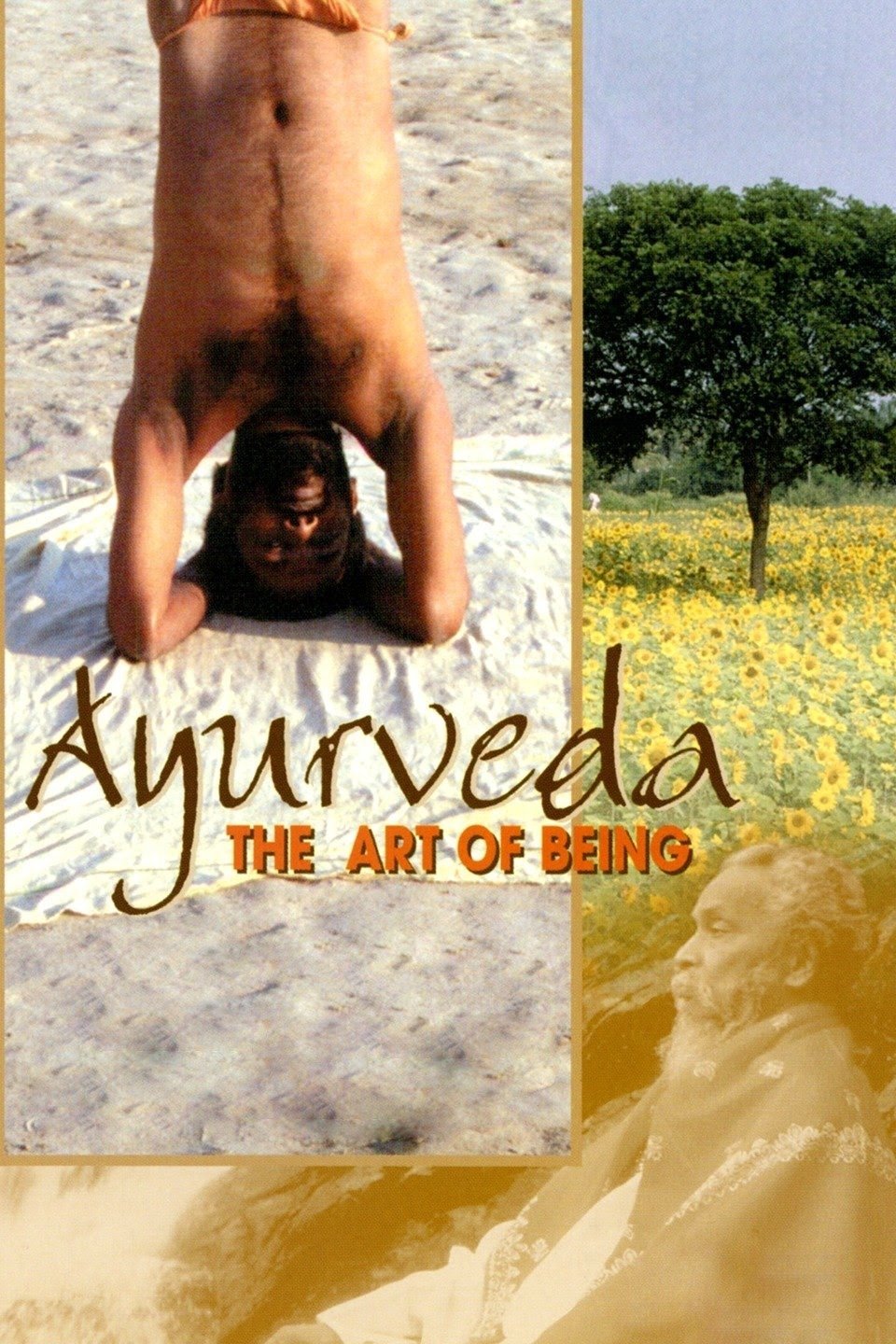 2001-09-20Ayurveda is a science of life and a healing art, where body, mind and spirit are given equal importance. This voyage of thousands of miles across India and abroad takes you on a unique poetic journey, where we encounter remarkable men of medicine or simply a villager who lives in harmony with nature. "Hope is nature's way of enabling us to survive so that we can discover nature itself."
2001-09-20Ayurveda is a science of life and a healing art, where body, mind and spirit are given equal importance. This voyage of thousands of miles across India and abroad takes you on a unique poetic journey, where we encounter remarkable men of medicine or simply a villager who lives in harmony with nature. "Hope is nature's way of enabling us to survive so that we can discover nature itself."Speak of the Devil
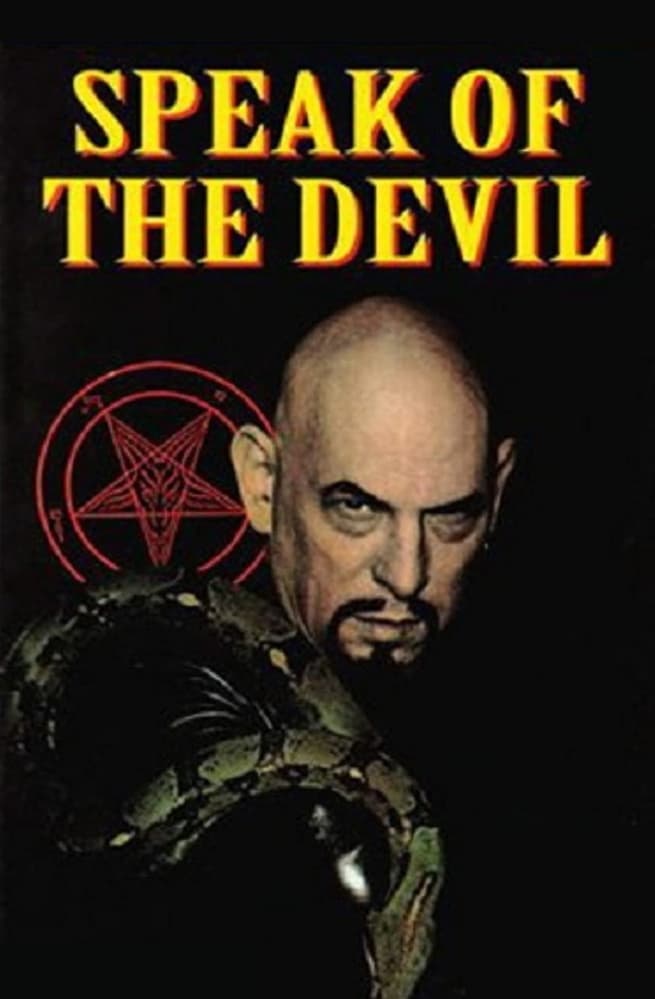 1995-01-01But what is the Church of Satan? Who is Anton LaVey? Where is he from? Why does he do that? It does not take much to imagine the worst. Orgiastic ceremonies, where one revels in the blood of virgins, moonlight lamb sacrifices, noise concerts in the basement of a historical building… No, really nothing that amusing among the activities in the Church of Satan. Anton LaVey is nothing like a horned Charles Manson, and his path is all the more unexpected. Nick Bougas allows us to discover the artist, the musician, the philosopher, all through hallucinatory images retrieved from archives, making this rare documentary only two years before the author of the Satanic Bible disappeared.
1995-01-01But what is the Church of Satan? Who is Anton LaVey? Where is he from? Why does he do that? It does not take much to imagine the worst. Orgiastic ceremonies, where one revels in the blood of virgins, moonlight lamb sacrifices, noise concerts in the basement of a historical building… No, really nothing that amusing among the activities in the Church of Satan. Anton LaVey is nothing like a horned Charles Manson, and his path is all the more unexpected. Nick Bougas allows us to discover the artist, the musician, the philosopher, all through hallucinatory images retrieved from archives, making this rare documentary only two years before the author of the Satanic Bible disappeared.A Propos D'Un Crime
 1967-01-01In 1967, Visconti came to Algiers for the filming of The Stranger with Mastroianni and Anna Karina. Camus, during his lifetime, had always refused to allow one of his novels to be brought to the screen. His family made another decision. The filming of the film was experienced in Algiers, like a posthumous return of the writer to Algiers. During filming, a young filmmaker specializing in documentaries Gérard Patris attempts a report on the impact of the filming of The Stranger on the Algerians. Interspersed with sequences from the shooting of Visconti's film, he films Poncet, Maisonseul, Bénisti and Sénac, friends of Camus, in full discussions to situate Camus and his work in a sociological and historical context. “The idea is for us to show people, others, ourselves as if they could all be Meursault, or at least the witnesses concerned to his drama.”
1967-01-01In 1967, Visconti came to Algiers for the filming of The Stranger with Mastroianni and Anna Karina. Camus, during his lifetime, had always refused to allow one of his novels to be brought to the screen. His family made another decision. The filming of the film was experienced in Algiers, like a posthumous return of the writer to Algiers. During filming, a young filmmaker specializing in documentaries Gérard Patris attempts a report on the impact of the filming of The Stranger on the Algerians. Interspersed with sequences from the shooting of Visconti's film, he films Poncet, Maisonseul, Bénisti and Sénac, friends of Camus, in full discussions to situate Camus and his work in a sociological and historical context. “The idea is for us to show people, others, ourselves as if they could all be Meursault, or at least the witnesses concerned to his drama.”TimeWave Zero
1994-01-01Terence McKenna gives us a detailed description of his TimeWave concept and a demonstration of the software Terence originated in his early exploratory period of deep study with the I Ching, the ancient oracular Chinese Book of Changes. He proudly takes us on a biographical tour of our culture from his personal library in the early 80's to what he saw the TimeWave project to 2012. Terence describes the Time Wave as his "only original work". The first part of this piece is the first visual description of Terence's unique theory. The second chapter of the tape astounds the viewer with the display of the the historical resonances that demonstrates how the last 4000 years are compressed into the increasingly speeded up, drawn and squeezed collective thoughts of the "Gaian matrix". Terence McKenna partnered with Sound Photosynthesis' media magicians Faustin Bray and Brian Wallace at the helm to create the visuals that dance and spiral with Terence's every suggestion.This Is Marshall McLu...
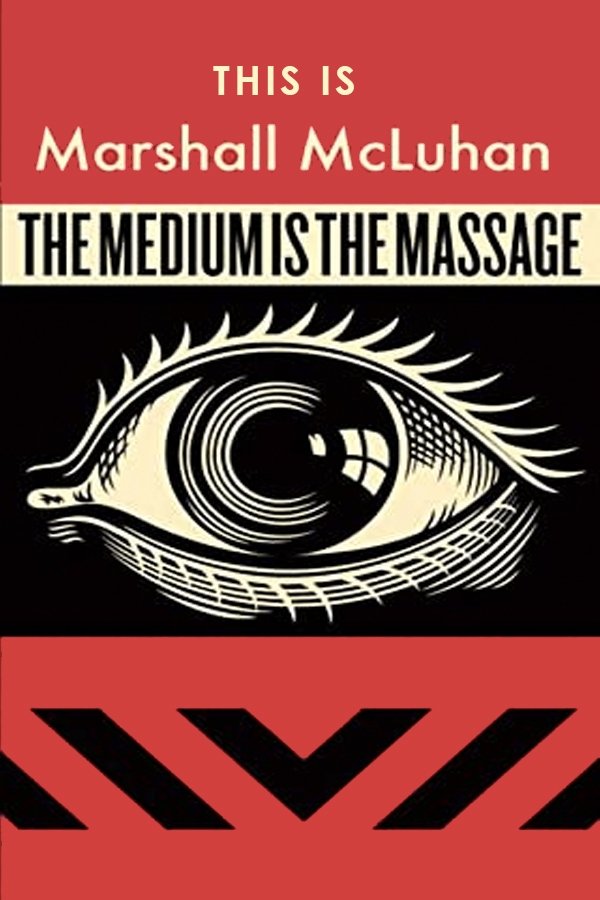 1967-03-19Investigates the central ideas of Marshall McLuhan using pictorial techniques and including his own comments. Examines the reaction of others to his views and points out that his interest is the impact of electronic technology on the contemporary world.
1967-03-19Investigates the central ideas of Marshall McLuhan using pictorial techniques and including his own comments. Examines the reaction of others to his views and points out that his interest is the impact of electronic technology on the contemporary world.Sartre/Camus: A Fract...
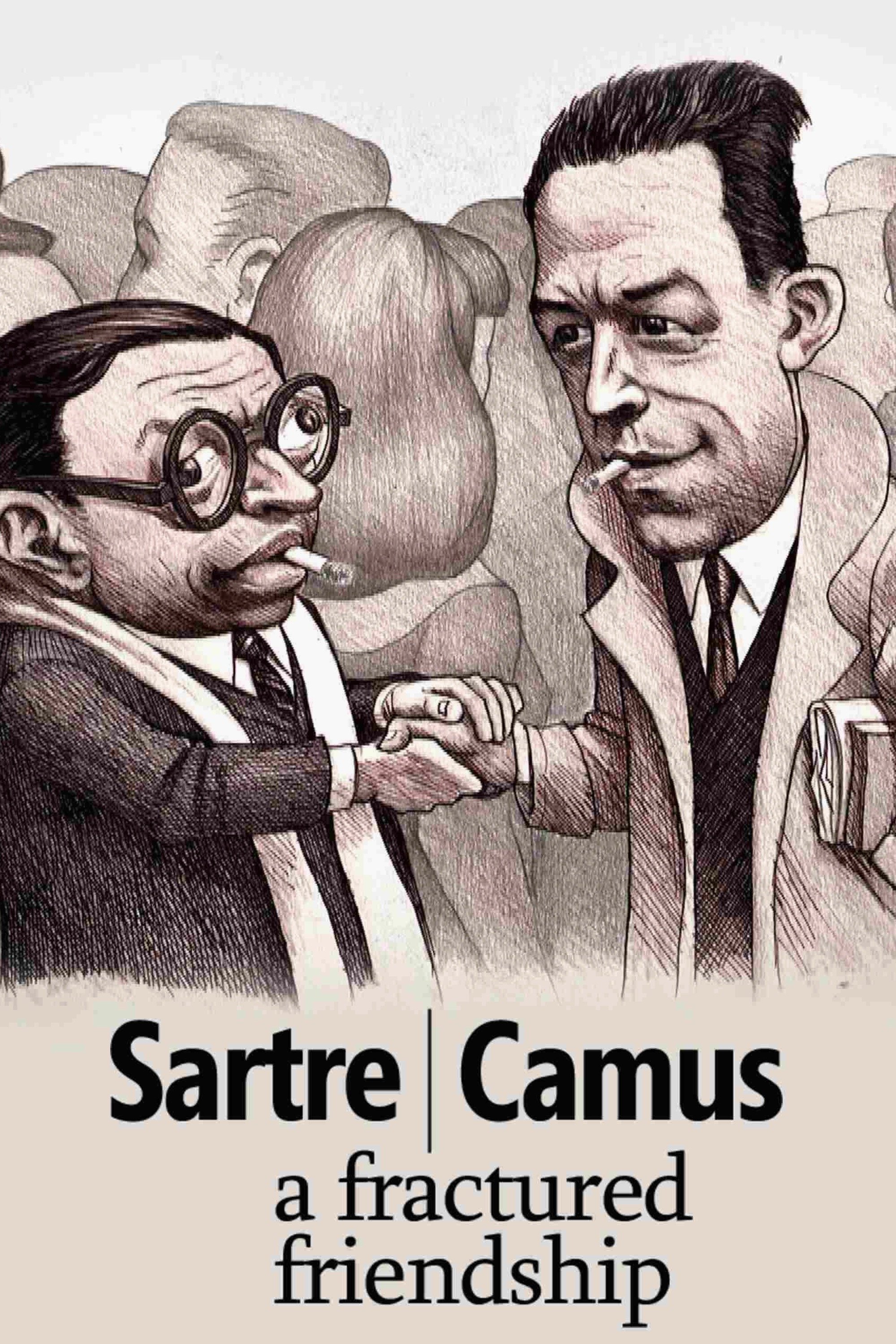 2014-05-22Sartre and Camus, the two most world-famous, 20th century, French writers, form a legendary and inseparable couple. The two extraordinary thinkers propelled the figure of the politically engaged writer into the limelight.
2014-05-22Sartre and Camus, the two most world-famous, 20th century, French writers, form a legendary and inseparable couple. The two extraordinary thinkers propelled the figure of the politically engaged writer into the limelight.Antigone, How Dare We...
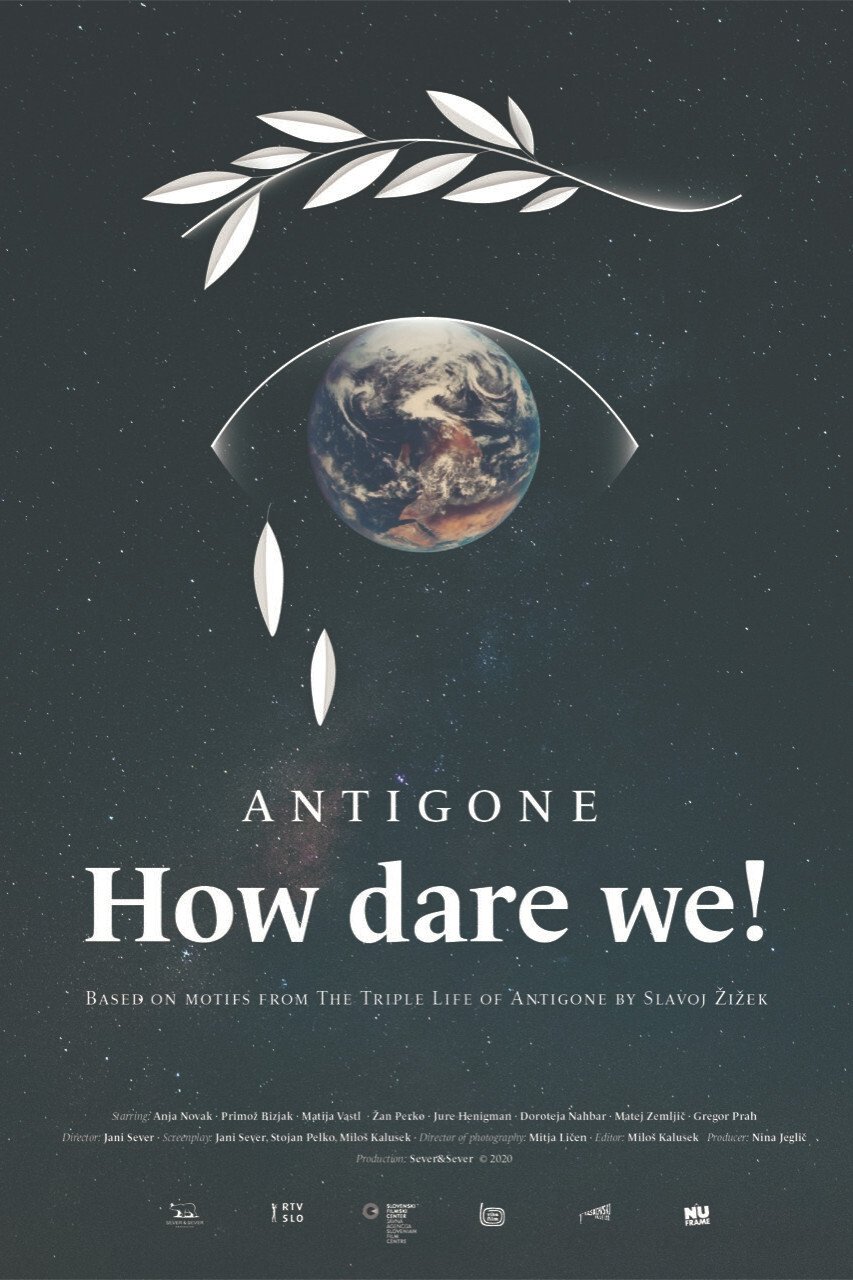 2020-10-30Based on motifs from The Triple Life of Antigone by Slavoj Žižek, this film reflects on today’s planet and political “chaos” by placing the politicians, the decision-makers and the influencers of today in the roles of Žižek’s version of the ancient Greek drama Antigone. But what are the politicians roles? Does the Antigone of today represent populists, anti-migrants and fundamentalists, or those who would oppose them?
2020-10-30Based on motifs from The Triple Life of Antigone by Slavoj Žižek, this film reflects on today’s planet and political “chaos” by placing the politicians, the decision-makers and the influencers of today in the roles of Žižek’s version of the ancient Greek drama Antigone. But what are the politicians roles? Does the Antigone of today represent populists, anti-migrants and fundamentalists, or those who would oppose them?Notfilm
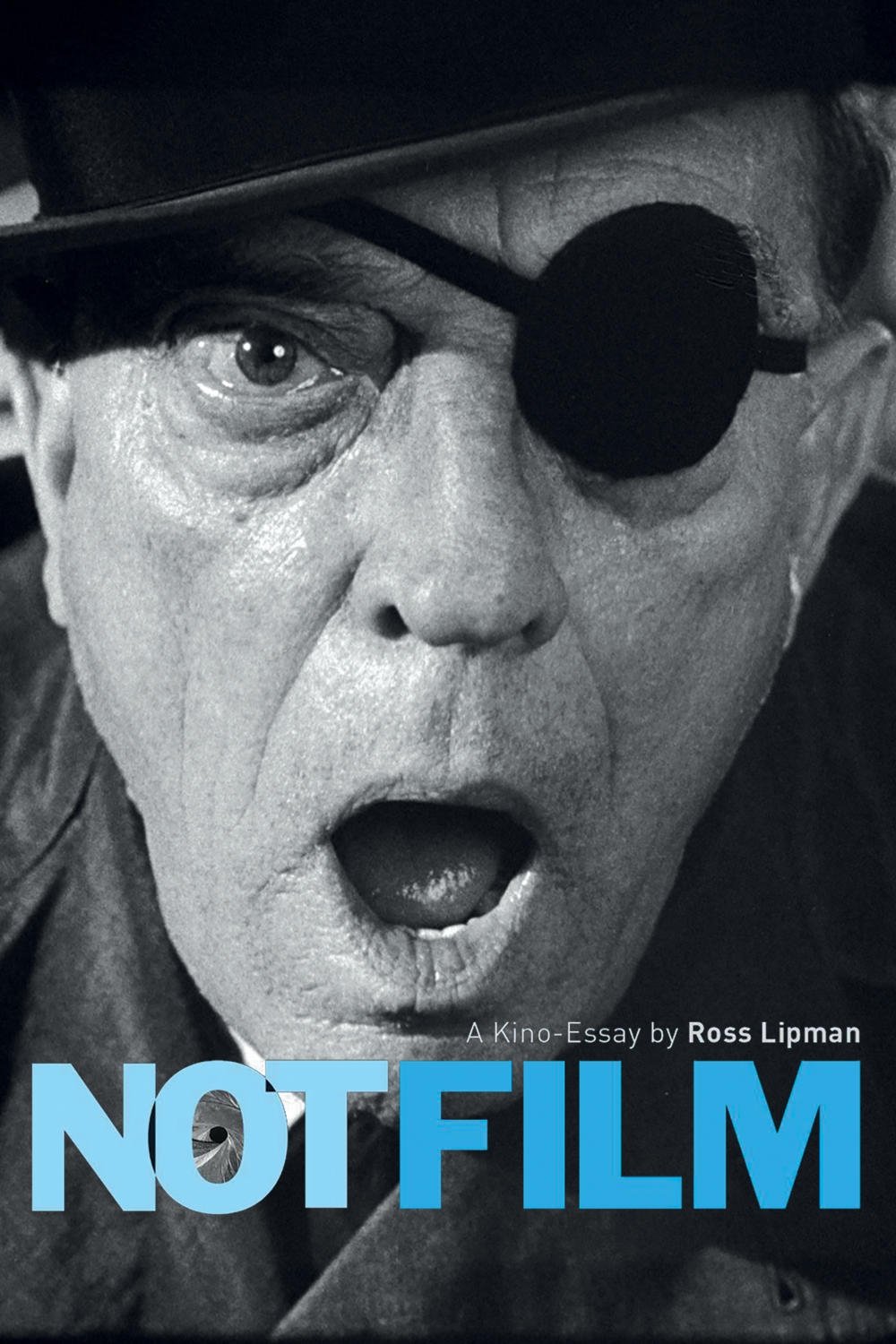 2015-10-27NOTFILM is a feature-length experimental essay on FILM -- its author Samuel Beckett, its star Buster Keaton, its production and its philosophical implications -- utilizing additional outtakes, never before heard audio recordings of the production meetings, and other rare archival elements.
2015-10-27NOTFILM is a feature-length experimental essay on FILM -- its author Samuel Beckett, its star Buster Keaton, its production and its philosophical implications -- utilizing additional outtakes, never before heard audio recordings of the production meetings, and other rare archival elements.The Pervert's Guide t...
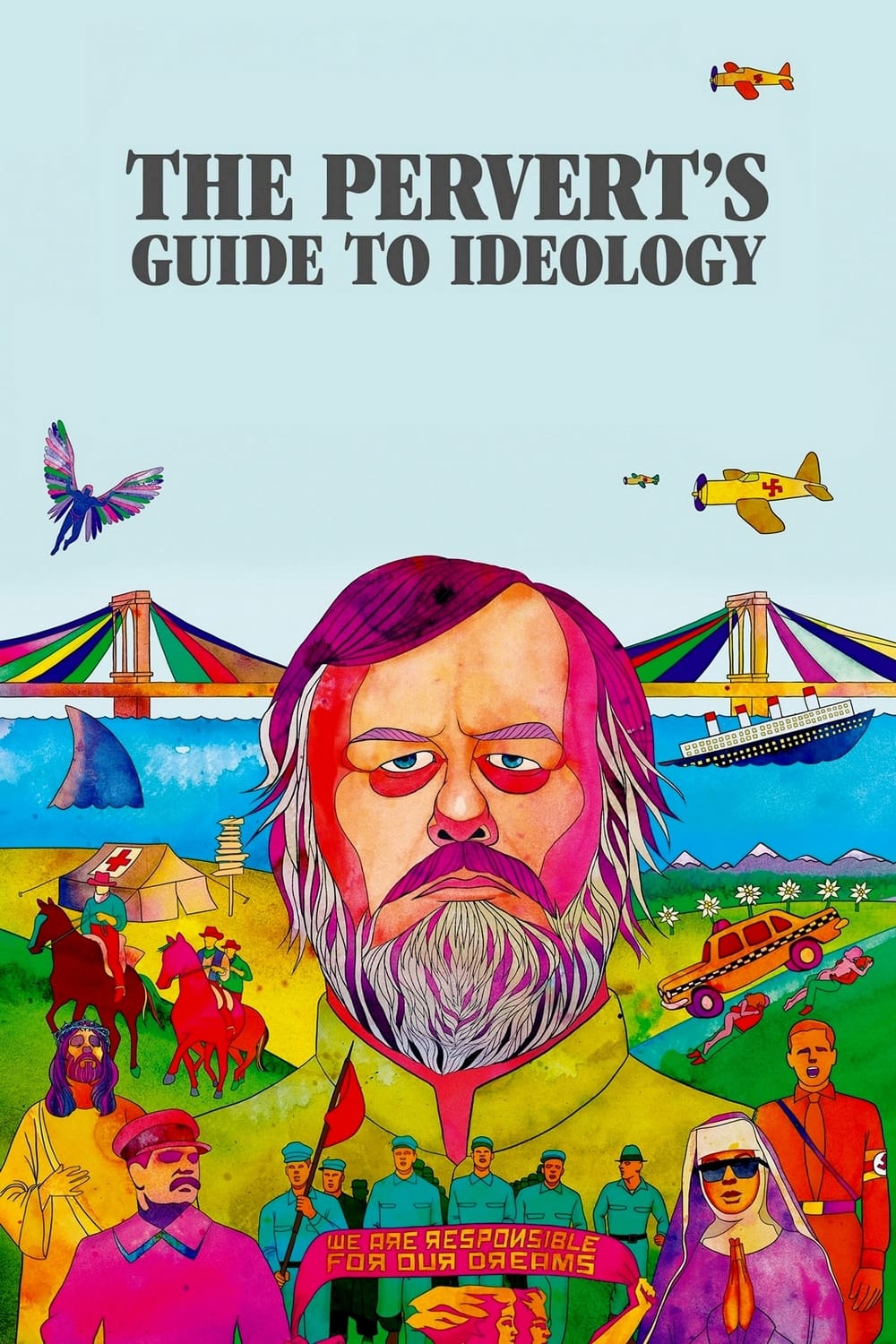 2012-11-15A journey into the labyrinthine heart of ideology, which shapes and justifies both collective and personal beliefs and practices: with an infectious zeal and voracious appetite for popular culture, Slovenian philosopher and psychoanalyst Slavoj Žižek analyzes several of the most important films in the history of cinema to explain how cinematic narrative helps to reinforce prevailing ethics and political ideas.
2012-11-15A journey into the labyrinthine heart of ideology, which shapes and justifies both collective and personal beliefs and practices: with an infectious zeal and voracious appetite for popular culture, Slovenian philosopher and psychoanalyst Slavoj Žižek analyzes several of the most important films in the history of cinema to explain how cinematic narrative helps to reinforce prevailing ethics and political ideas.After Work
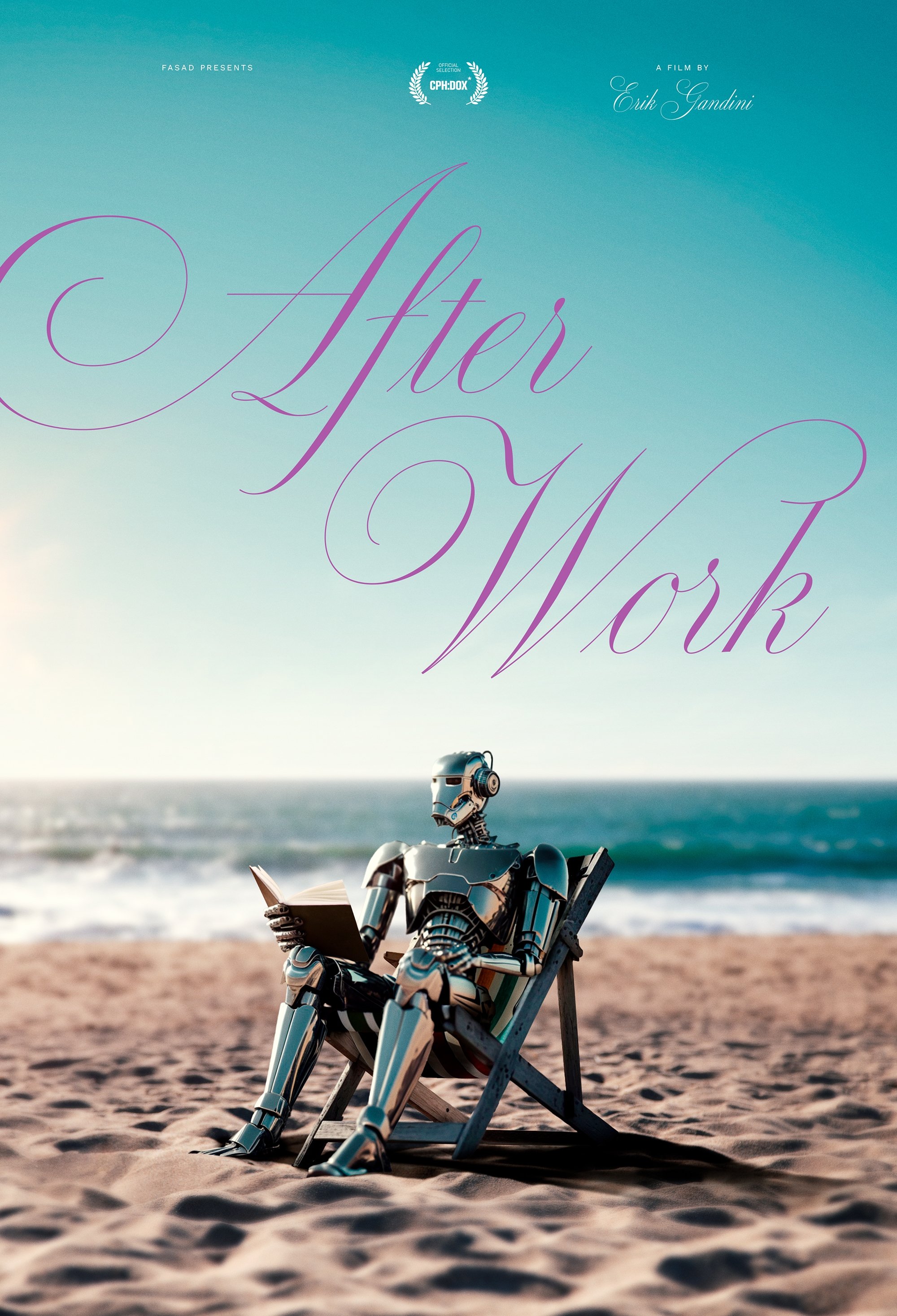 2023-08-04Kuwait’s constitution says that every person has the right to a job, so in some places 20 people are employed for one person’s job. In South Korea, they work so much that a policy has been introduced to turn off computers at the end of the day so that employees can’t work any more. In the US, they give up over 500 million holiday hours each year, while Amazon’s drivers are trying to form a union. Meanwhile, robots are poised to take over most jobs and put the rest of us out of work. Work is so crucial to our identity and what we spend our waking hours on that it is barely noticed anymore. A lot has happened since a group of Puritan priests invented the concept of work ethic in the 1600s, and in the 21st century the very concept of work is in many ways disintegrating. A perfect situation for a filmmaker like Swedish mastermind Erik Gandini, who travels the world to explore what the concept of work means today – if it means anything at all.
2023-08-04Kuwait’s constitution says that every person has the right to a job, so in some places 20 people are employed for one person’s job. In South Korea, they work so much that a policy has been introduced to turn off computers at the end of the day so that employees can’t work any more. In the US, they give up over 500 million holiday hours each year, while Amazon’s drivers are trying to form a union. Meanwhile, robots are poised to take over most jobs and put the rest of us out of work. Work is so crucial to our identity and what we spend our waking hours on that it is barely noticed anymore. A lot has happened since a group of Puritan priests invented the concept of work ethic in the 1600s, and in the 21st century the very concept of work is in many ways disintegrating. A perfect situation for a filmmaker like Swedish mastermind Erik Gandini, who travels the world to explore what the concept of work means today – if it means anything at all.L'oreille décollée
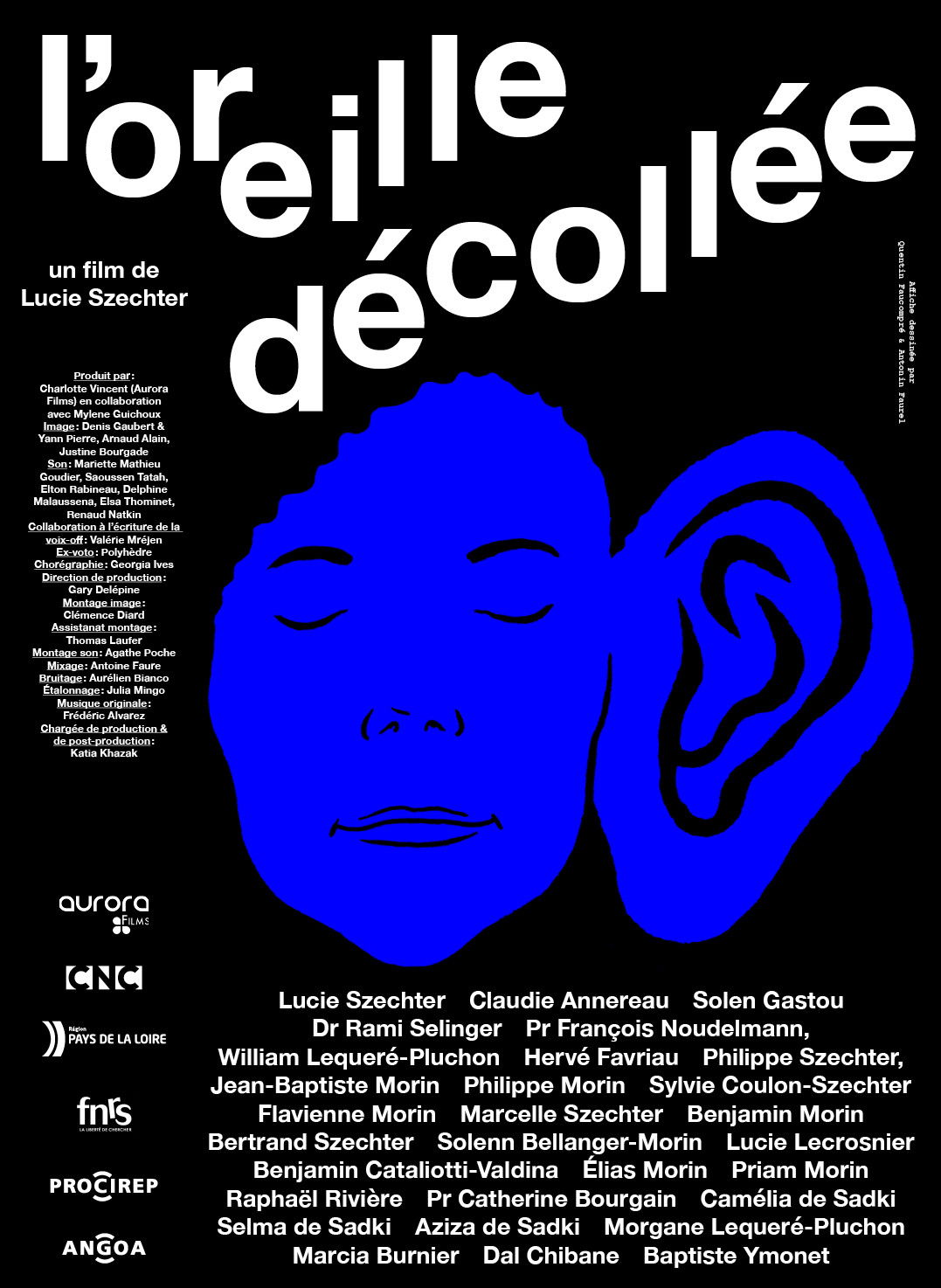 2018-04-01There is no description
2018-04-01There is no descriptionVoyage of Time: Life'...
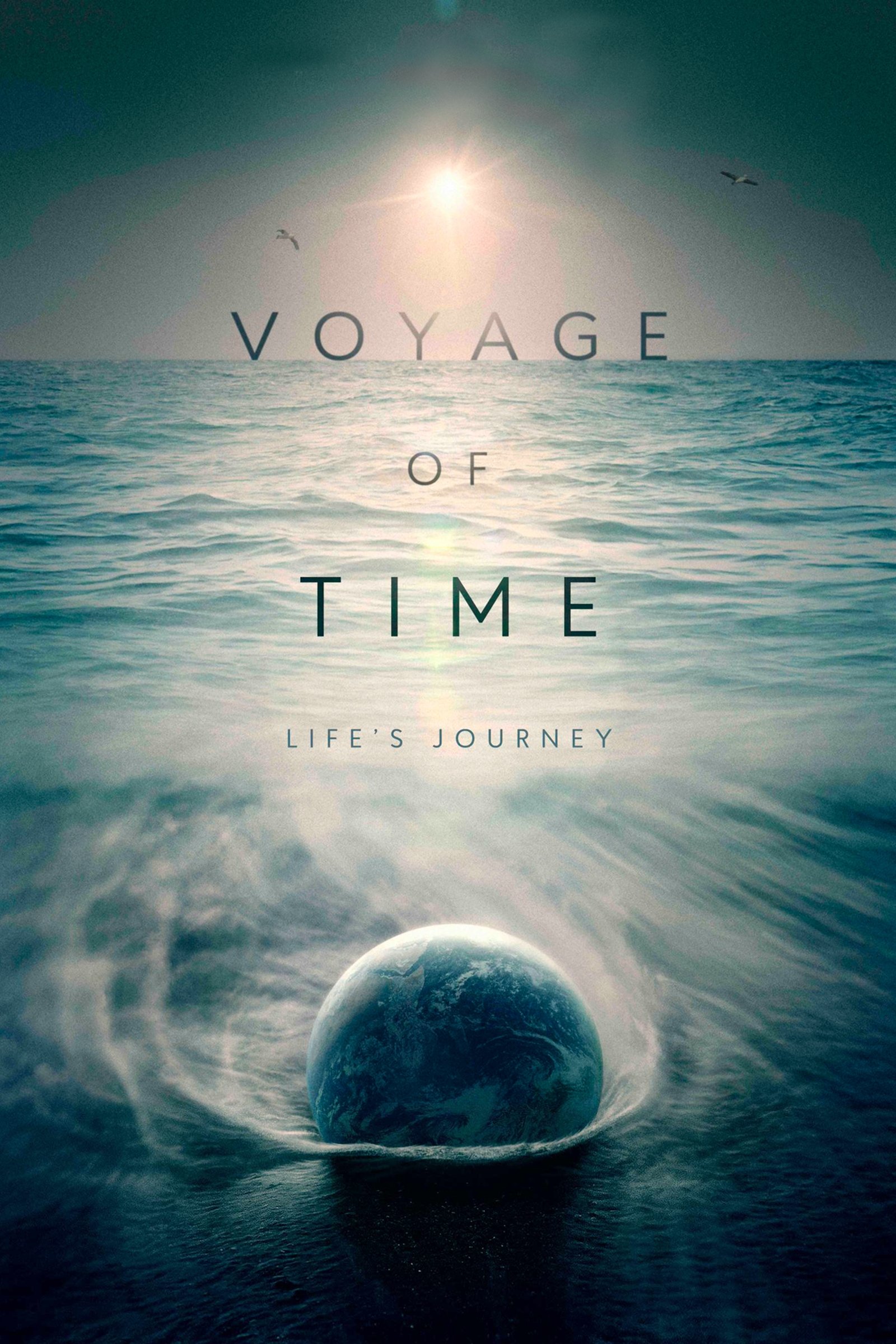 2017-03-10A celebration of the universe, displaying the whole of time, from its start to its final collapse. This film examines all that occurred to prepare the world that stands before us now: science and spirit, birth and death, the grand cosmos and the minute life systems of our planet.
2017-03-10A celebration of the universe, displaying the whole of time, from its start to its final collapse. This film examines all that occurred to prepare the world that stands before us now: science and spirit, birth and death, the grand cosmos and the minute life systems of our planet.Carrière, 250 Meters
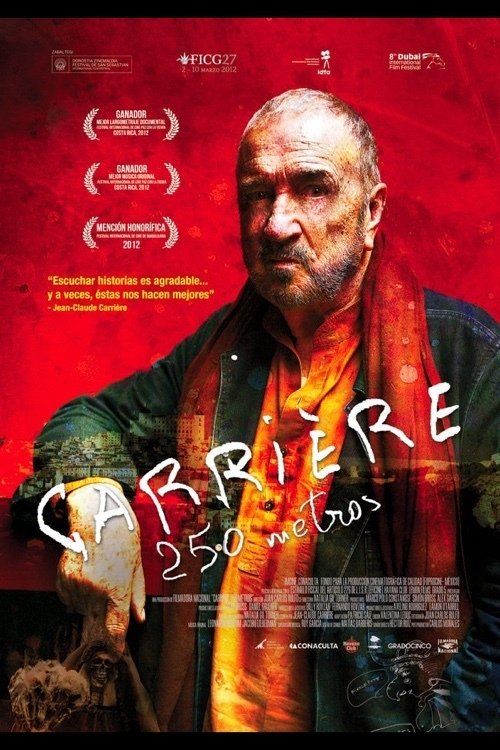 2011-01-01A portrait documentary tracing the inspiration, philosophy and imagination of the celebrated theatre and screen writer - and Bunuel's long term collaborator - Jean Claude Carrière. Carrière predicts that between the house he was born in and the cemetery in which he will end there is a life journey of just 250 meters. "Carrière: 250 Meters" follows him as he reflects on the wealth of global traditions of storytelling, travelling through past and present, across countries and cultures from Paris to New York, Mexico and India and joined by his family, friends and collaborators. A testament to the life and work of an extraordinary man and a key architect in contemporary cinema.
2011-01-01A portrait documentary tracing the inspiration, philosophy and imagination of the celebrated theatre and screen writer - and Bunuel's long term collaborator - Jean Claude Carrière. Carrière predicts that between the house he was born in and the cemetery in which he will end there is a life journey of just 250 meters. "Carrière: 250 Meters" follows him as he reflects on the wealth of global traditions of storytelling, travelling through past and present, across countries and cultures from Paris to New York, Mexico and India and joined by his family, friends and collaborators. A testament to the life and work of an extraordinary man and a key architect in contemporary cinema.A Glorious Accident
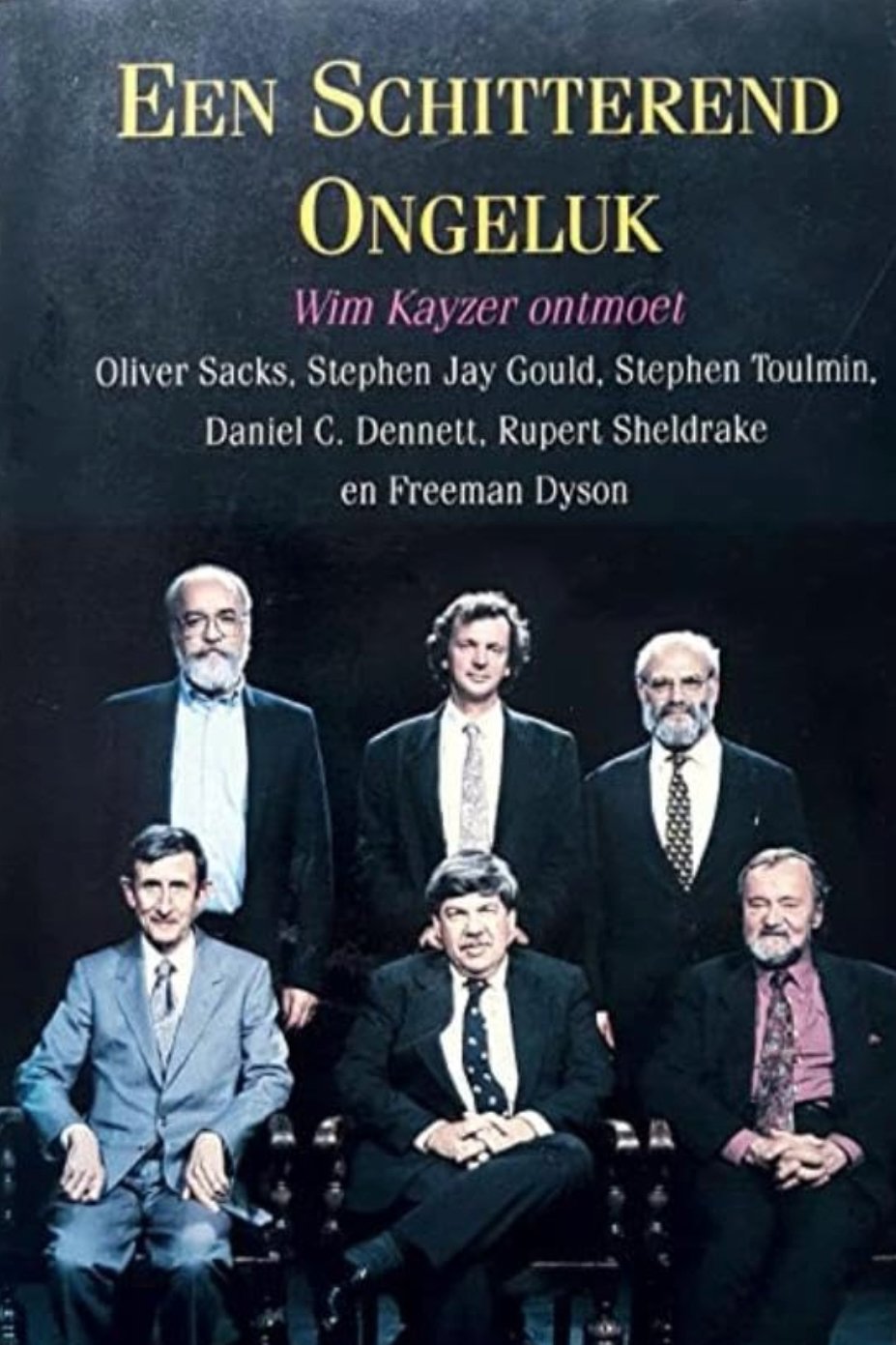 1993-01-01One of the most interesting shows ever aired on public television was Wim Kayzer's interviews with six leading intellectuals who represented both the mainstream academic (Stephen J. Gould, Freeman Dyson and Stephen Toulmin) and more or less, as it were, "eccentric" outside the box groundbreaking intellectuals (Oliver Sacks and Rupert Sheldrake). Kayzer interviews each of them (and philosopher Daniel Dennett) individually and then has the entire group sit in a kind of round-table seminar that he moderates and lets the ideas fly.
1993-01-01One of the most interesting shows ever aired on public television was Wim Kayzer's interviews with six leading intellectuals who represented both the mainstream academic (Stephen J. Gould, Freeman Dyson and Stephen Toulmin) and more or less, as it were, "eccentric" outside the box groundbreaking intellectuals (Oliver Sacks and Rupert Sheldrake). Kayzer interviews each of them (and philosopher Daniel Dennett) individually and then has the entire group sit in a kind of round-table seminar that he moderates and lets the ideas fly.The End of Quantum Re...
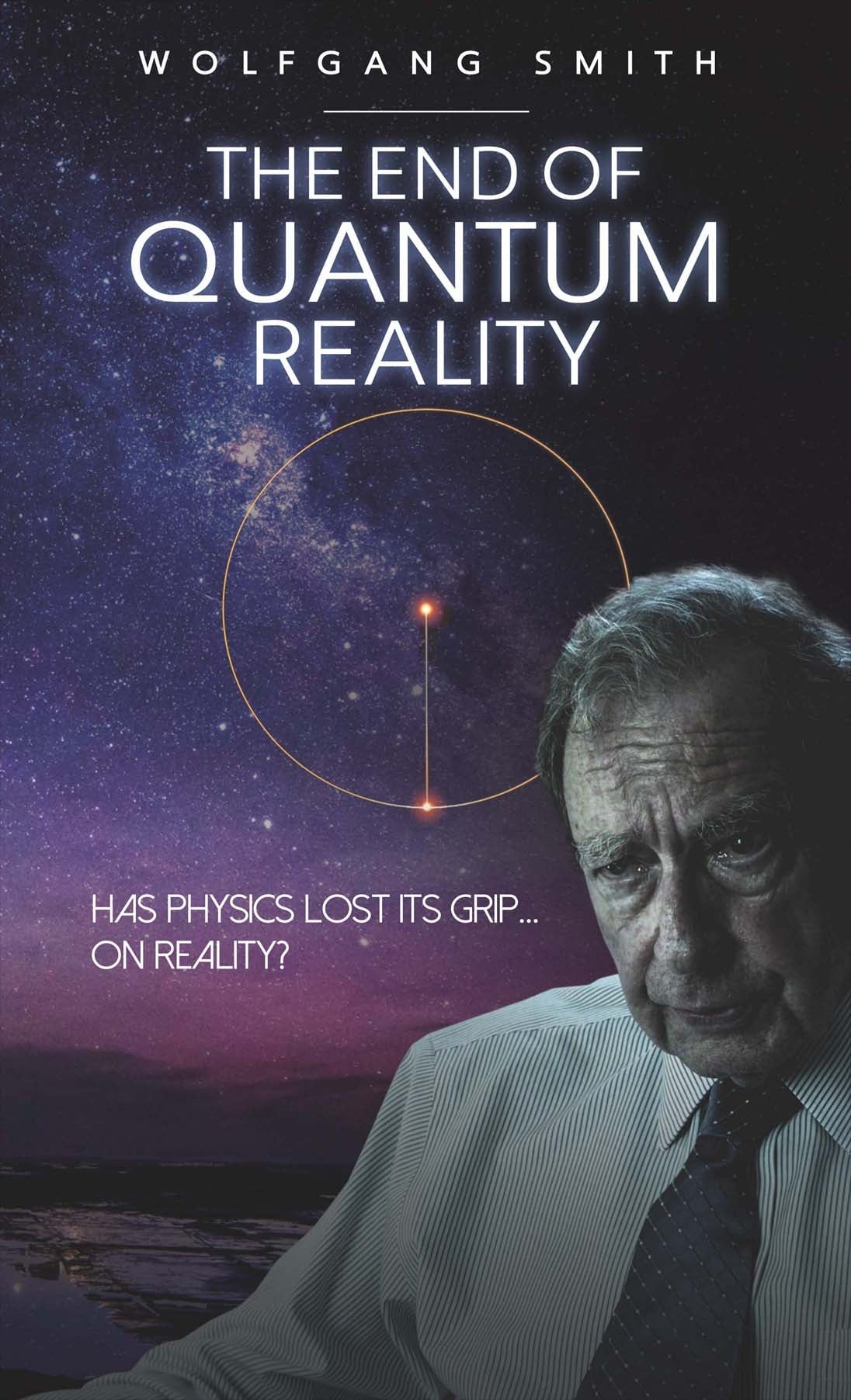 2020-01-16Almost one hundred years ago, the project to reduce the world to mathematical physics failed suddenly and completely: “One of the best-kept secrets of science,” physicist Nick Herbert writes, “is that physicists have lost their grip on reality.” The world, we are now told, emerges spontaneously, out of “nothing,” and constitutes a “multiverse,” where “anything that can happen will happen, and it will happen an infinite number of times.” Legendary reclusive genius Wolfgang Smith demonstrates on shockingly obvious grounds the dead end at which physics has arrived, and how we can “return, at last, to the real world.” The End of Quantum Reality introduces this extraordinary man to a contemporary audience which has, perhaps, never encountered a true philos-sophia, one as intimately at ease with the rigors of quantum physics as with the greatest schools of human wisdom.
2020-01-16Almost one hundred years ago, the project to reduce the world to mathematical physics failed suddenly and completely: “One of the best-kept secrets of science,” physicist Nick Herbert writes, “is that physicists have lost their grip on reality.” The world, we are now told, emerges spontaneously, out of “nothing,” and constitutes a “multiverse,” where “anything that can happen will happen, and it will happen an infinite number of times.” Legendary reclusive genius Wolfgang Smith demonstrates on shockingly obvious grounds the dead end at which physics has arrived, and how we can “return, at last, to the real world.” The End of Quantum Reality introduces this extraordinary man to a contemporary audience which has, perhaps, never encountered a true philos-sophia, one as intimately at ease with the rigors of quantum physics as with the greatest schools of human wisdom.In the same boat
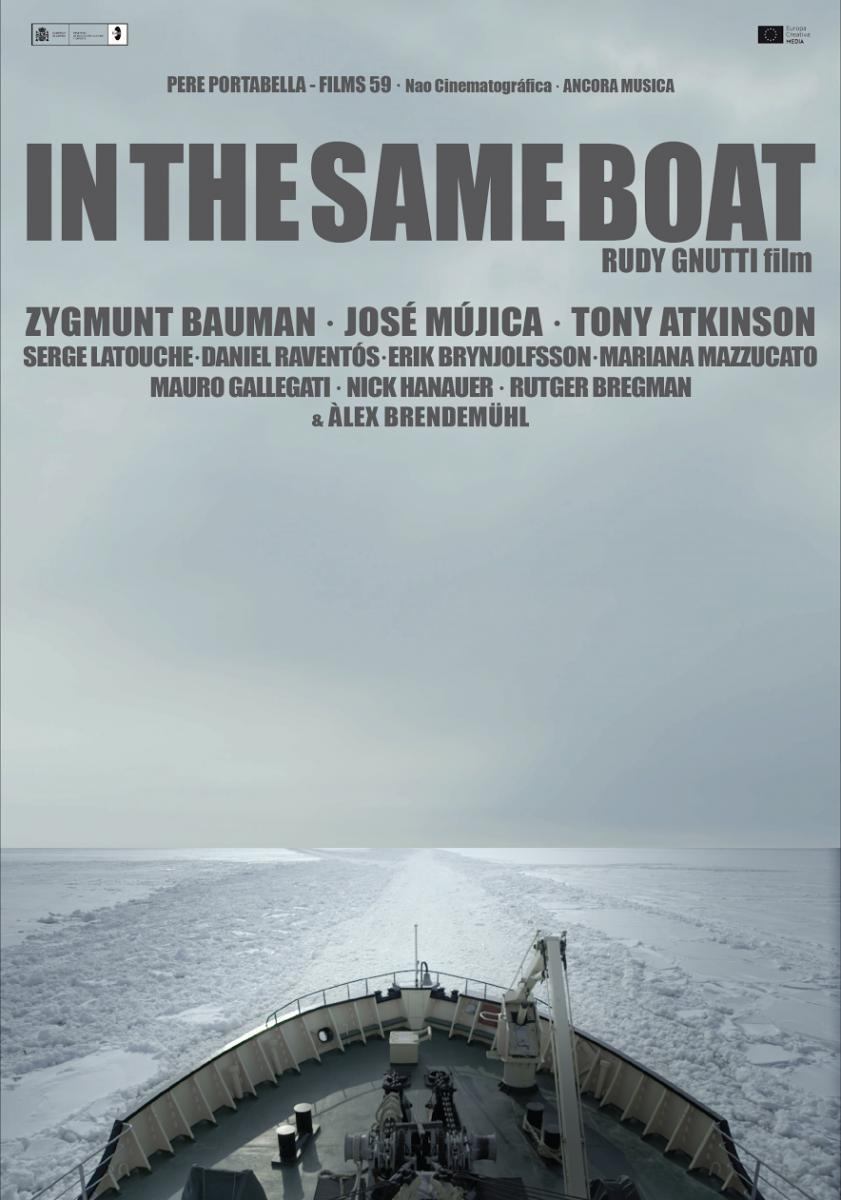 2016-08-08A documentary about the technological progress responsibility in employment destruction, analyzed by philosopher Zygmunt Bauman and others.
2016-08-08A documentary about the technological progress responsibility in employment destruction, analyzed by philosopher Zygmunt Bauman and others.Al-Ghazali: The Alche...
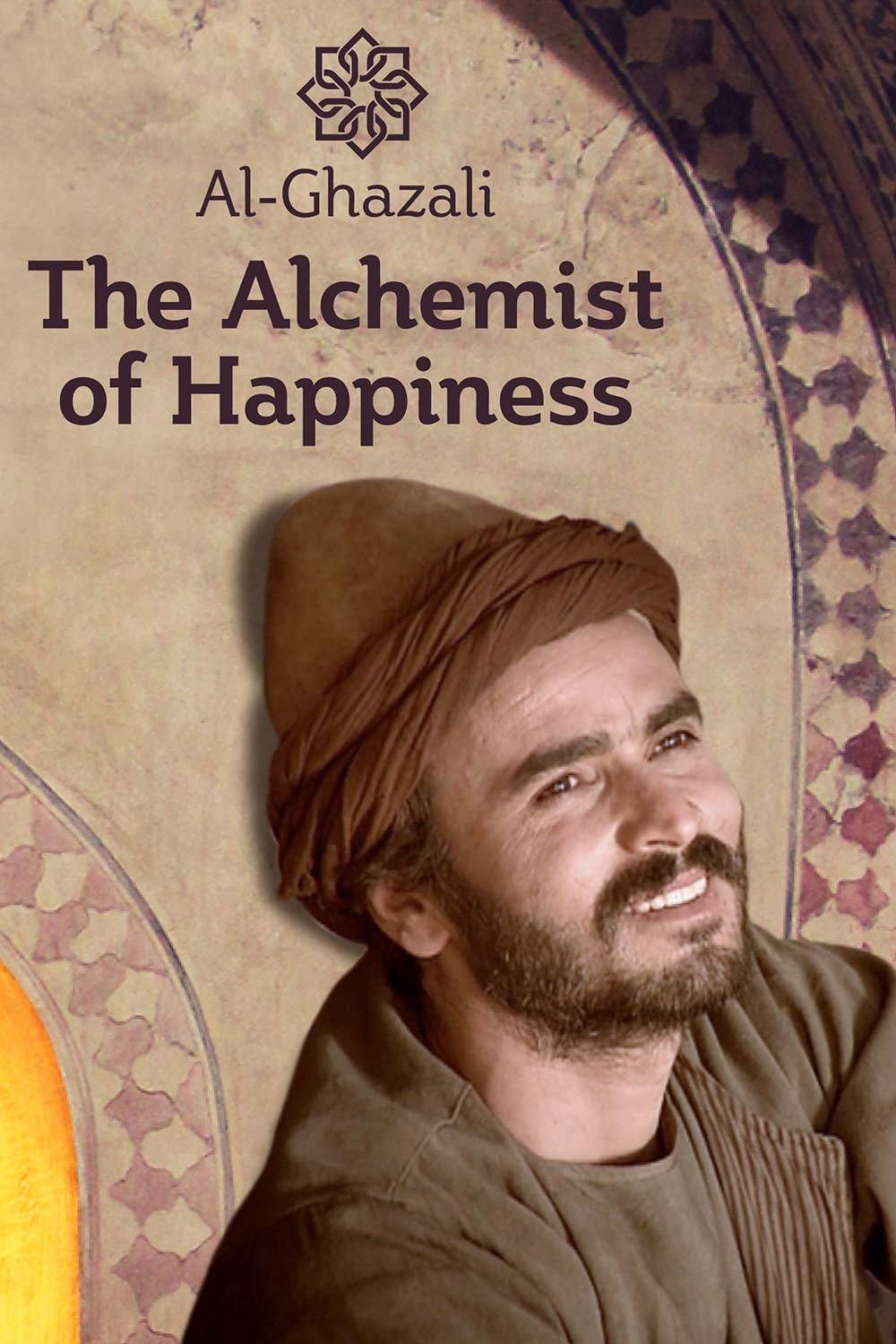 2004-10-22Exploring the life and impact of the greatest spiritual and legal philosopher in Islamic history, this film examines Ghazali's existential crisis of faith that arose from his rejection of religious dogmatism, and reveals profound parallels with our own times. Ghazali became known as the Proof of Islam and his path of love and spiritual excellence overcame the pitfalls of the organised religion of his day. His path was largely abandoned by early 20th century Muslim reformers for the more strident and less tolerant school of Ibn Taymiyya. Combining drama with documentary, this film argues that Ghazali's Islam is the antidote for today's terror.
2004-10-22Exploring the life and impact of the greatest spiritual and legal philosopher in Islamic history, this film examines Ghazali's existential crisis of faith that arose from his rejection of religious dogmatism, and reveals profound parallels with our own times. Ghazali became known as the Proof of Islam and his path of love and spiritual excellence overcame the pitfalls of the organised religion of his day. His path was largely abandoned by early 20th century Muslim reformers for the more strident and less tolerant school of Ibn Taymiyya. Combining drama with documentary, this film argues that Ghazali's Islam is the antidote for today's terror.The Garden of Afflict...
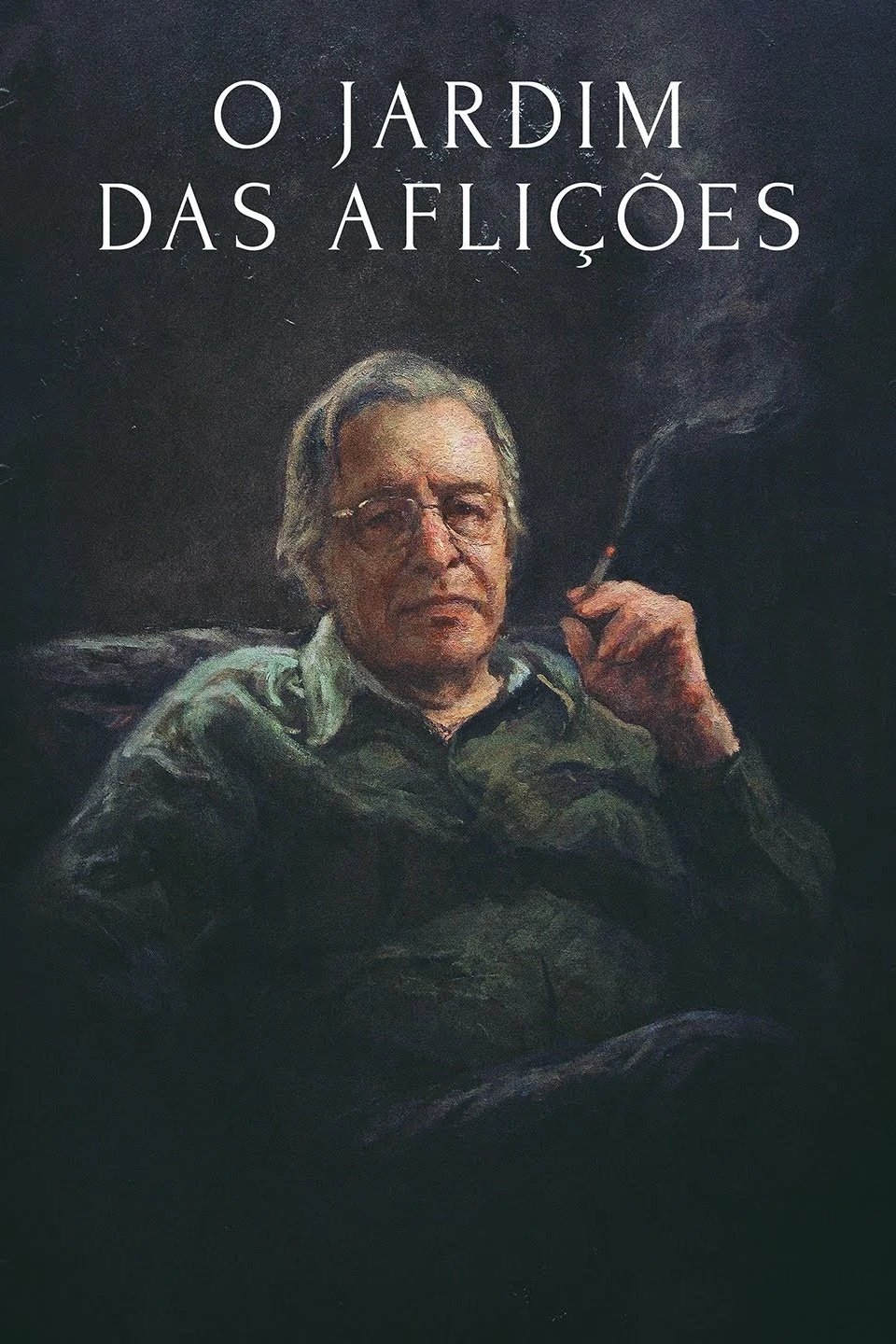 2017-05-11Brazilian philosopher Olavo de Carvalho's thinking, presented through his presence, his daily work routine and his family life in Virginia (USA).
2017-05-11Brazilian philosopher Olavo de Carvalho's thinking, presented through his presence, his daily work routine and his family life in Virginia (USA).Revolution
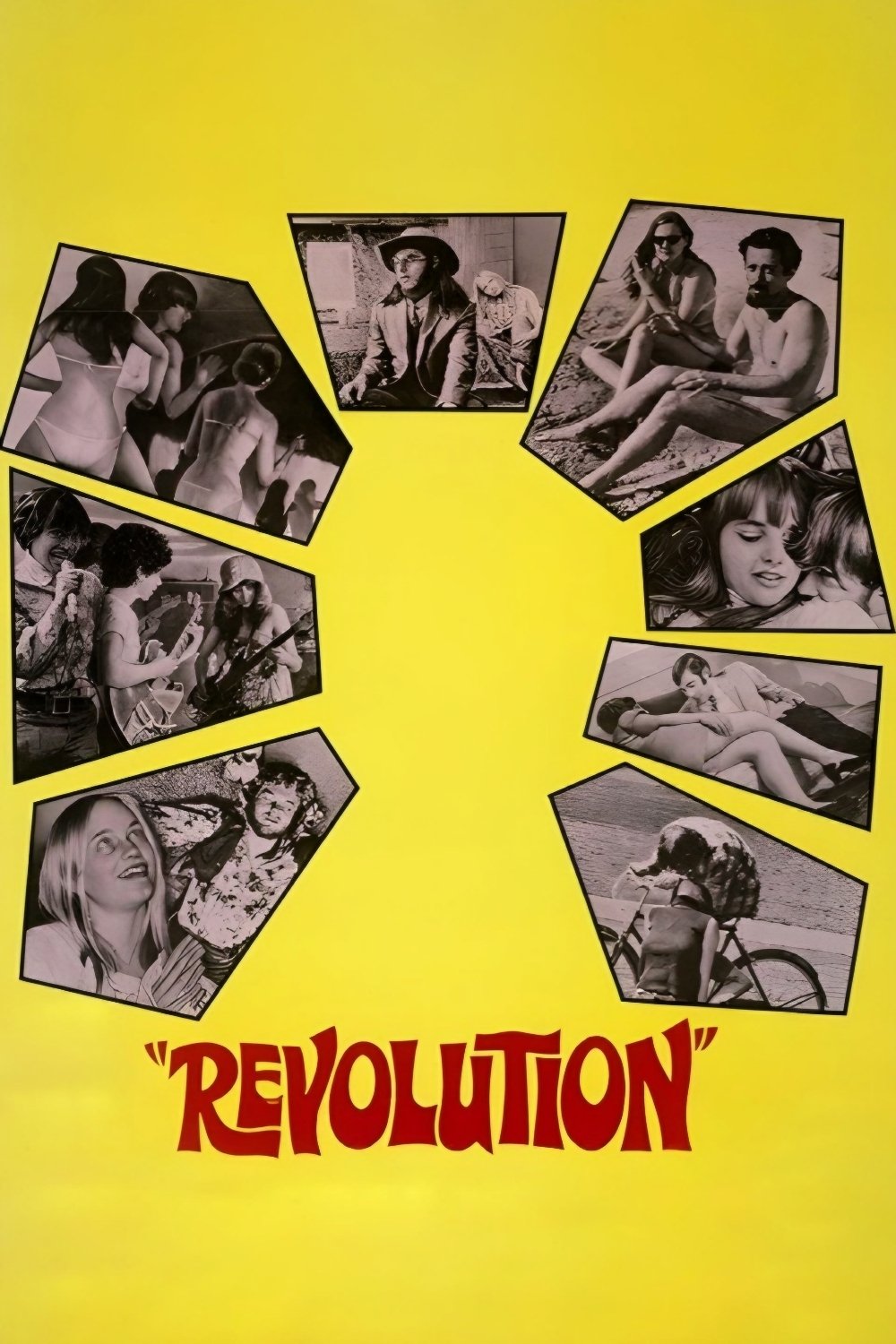 1968-07-01The San Francisco scene in 1967-68. Documentary about hippies shot during the height of the movement . Viewpoints from many kinds of people. Music by Steve Miller Band, Mother Earth, Quicksilver Messenger Service and others.
1968-07-01The San Francisco scene in 1967-68. Documentary about hippies shot during the height of the movement . Viewpoints from many kinds of people. Music by Steve Miller Band, Mother Earth, Quicksilver Messenger Service and others.The Unanswered Questi...
 1976-01-11This series comprised six lectures on music, which cumulatively took the title of a work by Charles Ives, The Unanswered Question. Bernstein drew analogies to other disciplines, such as poetry, aesthetics, and especially linguistics, hoping to make these lectures accessible to an audience with limited or no musical experience, while maintaining an intelligent level of discourse: Phonology is the linguistic study of sounds, or phonemes. Bernstein's application of this term to music results in what he calls "musical phonology".
1976-01-11This series comprised six lectures on music, which cumulatively took the title of a work by Charles Ives, The Unanswered Question. Bernstein drew analogies to other disciplines, such as poetry, aesthetics, and especially linguistics, hoping to make these lectures accessible to an audience with limited or no musical experience, while maintaining an intelligent level of discourse: Phonology is the linguistic study of sounds, or phonemes. Bernstein's application of this term to music results in what he calls "musical phonology".
